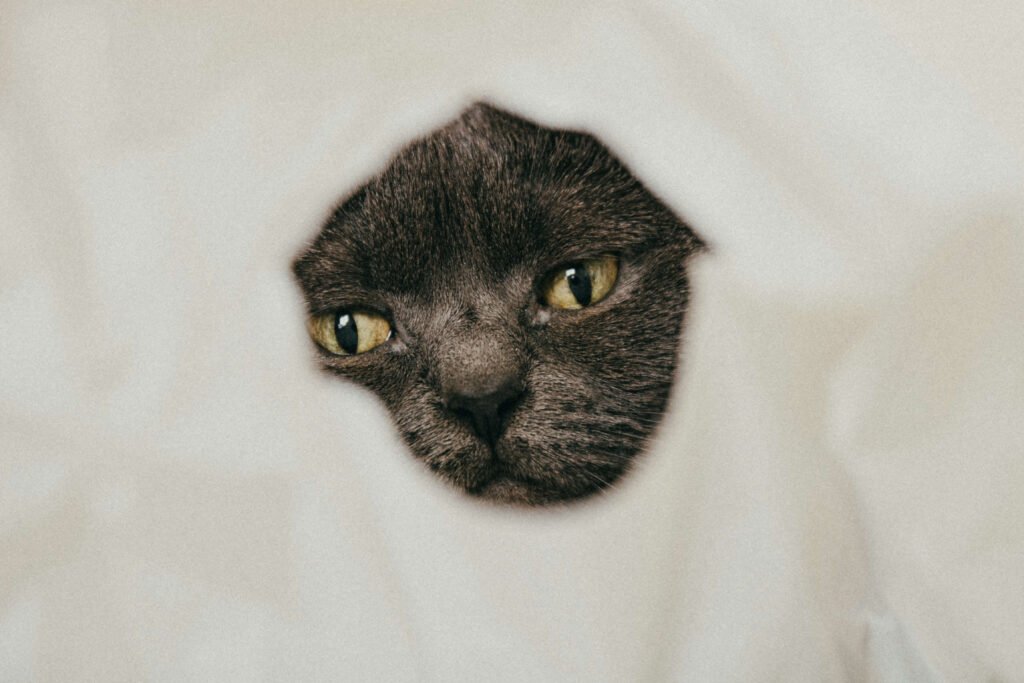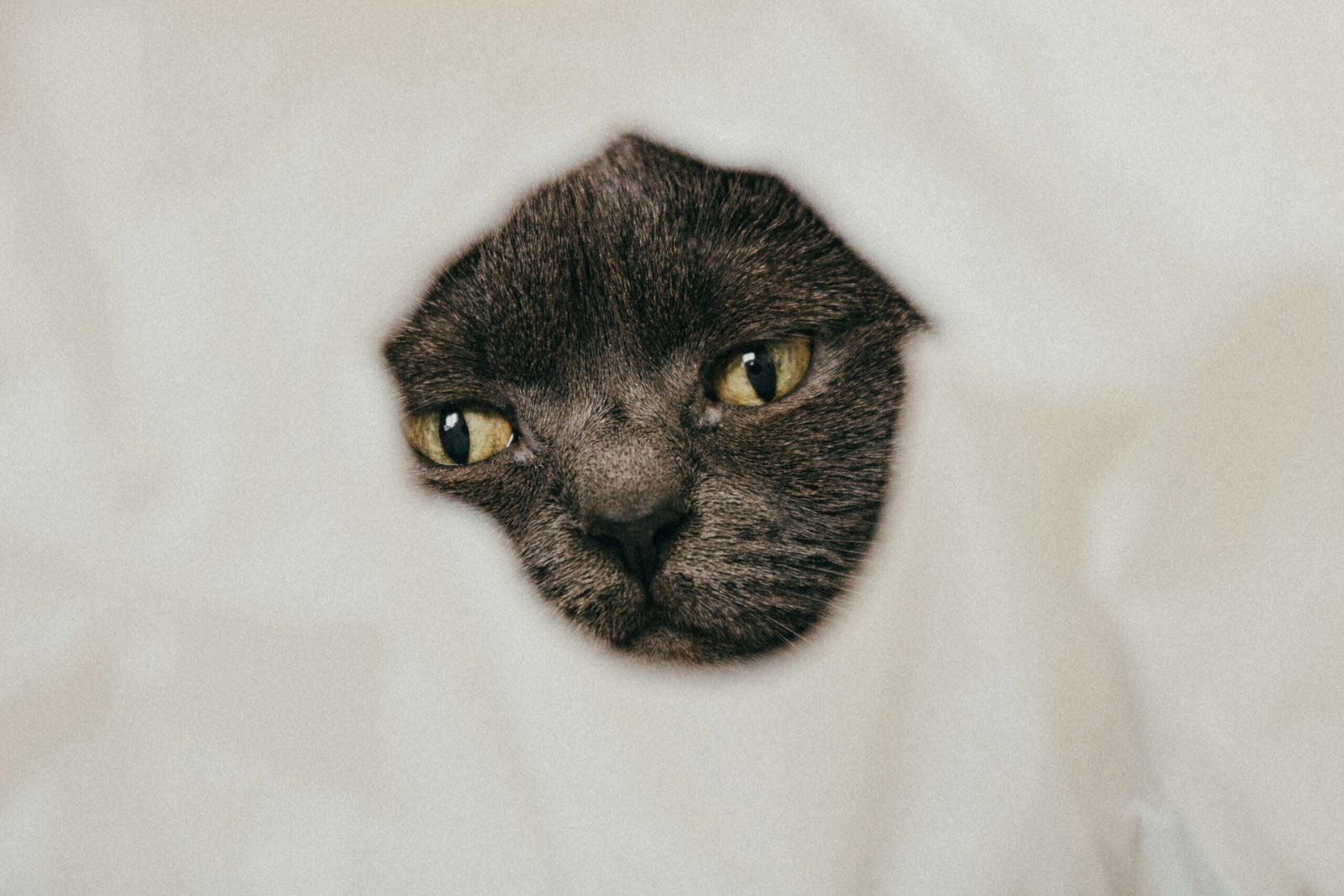Why Does My Cat Drool So Much? Understanding the Causes and Solutions
Cats are known for their meticulous grooming habits and generally dry demeanor, so when your feline friend starts drooling excessively, it can be surprising—and sometimes concerning. While occasional drooling might be harmless, persistent or excessive drooling could indicate an underlying issue that needs attention. Whether it’s a sign of happiness, stress, or a health problem, understanding why your cat drools is key to ensuring their well-being. In this blog post, we’ll explore the common reasons behind excessive drooling in cats, how to identify potential problems, and what steps you can take to address them. Let’s dive into the world of feline drooling and uncover the answers you’ve been looking for.
Common Reasons Why Your Cat Might Be Drooling
There are several reasons why your cat may drool, ranging from normal behaviors to potential health concerns. Here are some of the most common causes:
Happiness and Relaxation
Some cats drool when they’re extremely content, such as during petting or cuddling sessions. This is often referred to as “happy drooling.”Dental Issues
Problems like gum disease, tooth decay, or oral infections can cause discomfort, leading to excessive drooling as a symptom.Nausea or Upset Stomach
If your cat feels nauseous or has an upset stomach, drooling can occur as a side effect of digestive distress.Foreign Objects
A stuck object in your cat’s mouth, such as a piece of string or a small toy, can irritate their gums and trigger drooling.Toxin Exposure
Ingesting toxic substances, such as certain plants or chemicals, can lead to drooling as part of a poisoning reaction.
Understanding these causes can help you determine whether your cat’s drooling is harmless or requires veterinary intervention. Always monitor their behavior closely to identify patterns or additional symptoms.
Signs That Excessive Drooling May Indicate a Health Problem
While occasional drooling might not be a cause for alarm, certain signs accompanying excessive drooling could signal a more serious issue. Here’s what to watch out for:
Bad Breath
Foul-smelling breath often points to dental problems or infections that may need professional treatment.Loss of Appetite
If your cat refuses to eat or shows disinterest in food, it could indicate pain or discomfort related to their mouth or throat.Pawing at the Mouth
This behavior suggests irritation, pain, or the presence of a foreign object that needs removal.Lethargy or Weakness
Drooling combined with unusual tiredness or weakness could be a sign of systemic illness or poisoning.Swollen Gums or Face
Inflammation or swelling around the mouth area may indicate an infection or allergic reaction.
If you notice any of these signs alongside excessive drooling, it’s important to consult a veterinarian promptly to rule out serious conditions.
Check this guide 👉Why Is My Cat Sneezing and Have Watery Eyes? Best 7 Tips!
Check this guide 👉Understanding Cat Reverse Sneezing: Best 7 Expert Care Tips!

Normal Causes of Drooling | Potential Health Concerns |
|---|---|
Contentment during petting | Dental disease or infections |
Kneading or purring | Foreign object in the mouth |
Mild nausea after eating | Poisoning or toxin exposure |
Temporary stress or excitement | Oral tumors or ulcers |
Teething in kittens | Kidney or liver issues |
How to Address Excessive Drooling in Cats
If your cat is drooling excessively, there are steps you can take to address the issue and ensure their comfort. Here’s a guide to help you manage the situation:
Check Their Mouth
Gently examine your cat’s mouth for signs of injury, foreign objects, or inflammation. Be cautious to avoid bites.Monitor Their Diet
Ensure your cat is eating quality food and hasn’t ingested anything unusual or toxic recently.Provide Dental Care
Regularly brush your cat’s teeth and schedule routine dental check-ups to prevent oral health issues.Reduce Stress
Create a calm environment by minimizing loud noises, changes in routine, or other stress triggers.Consult a Veterinarian
If the drooling persists or is accompanied by other symptoms, seek professional advice to diagnose and treat any underlying conditions.
Taking proactive measures can help alleviate your cat’s discomfort and prevent further complications.
Preventive Measures to Minimize Drooling Episodes
Prevention is always better than cure, especially when it comes to your cat’s health. Here are some preventive measures to reduce the likelihood of excessive drooling:
Regular Vet Visits
Schedule annual check-ups to catch and address potential health issues early.Safe Environment
Keep toxic plants, chemicals, and small objects out of your cat’s reach to prevent accidental ingestion.Oral Hygiene Routine
Establish a habit of brushing your cat’s teeth weekly to maintain good oral health.Balanced Nutrition
Feed your cat high-quality food that supports overall health and avoids digestive upset.Behavioral Monitoring
Pay attention to changes in your cat’s behavior, as these can provide early warning signs of problems.
By incorporating these practices into your routine, you can help keep your cat healthy and minimize episodes of excessive drooling.
Common Triggers for Stress-Related Drooling
Stress can be a significant factor in why your cat drools excessively. Identifying and addressing potential stressors can help reduce this behavior. Here are some common triggers to consider:
Changes in Routine
Cats thrive on consistency, so sudden changes in feeding times or daily schedules can cause stress-induced drooling.New Pets or People
The introduction of a new pet or family member can overwhelm your cat and lead to anxiety-related drooling.Loud Noises
Thunderstorms, fireworks, or loud household appliances can startle your cat and trigger drooling as a response.Moving Homes
Relocating to a new environment can be unsettling for cats, often resulting in stress-related behaviors like drooling.Veterinary Visits
The unfamiliar sights, sounds, and smells at the vet’s office can make even the calmest cats anxious and drool excessively.
By identifying and minimizing these stressors, you can create a more peaceful environment for your cat and reduce episodes of stress-related drooling.
How to Comfort a Cat That Drools from Anxiety
If your cat’s drooling is linked to anxiety, there are several ways to comfort and reassure them. Here are some effective strategies to try:
Create a Safe Space
Designate a quiet, cozy area where your cat can retreat when feeling overwhelmed or stressed.Use Calming Products
Consider using pheromone diffusers or sprays, such as Feliway, to help soothe your cat’s nerves.Engage in Playtime
Interactive play sessions with toys can distract your cat from stressors and boost their mood.Provide Familiar Scents
Leave items with your scent, like a blanket or clothing, near your cat to provide comfort and reassurance.Stick to a Routine
Maintain a predictable daily schedule for feeding, play, and rest to help your cat feel secure.
These methods can help ease your cat’s anxiety and reduce drooling caused by stress, fostering a calmer and happier feline companion.
Fun Facts About Cats and Drooling
While excessive drooling can sometimes indicate a problem, it’s also interesting to learn about the quirky and fascinating aspects of this behavior. Here are some fun facts about cats and drooling:
Kneading and Drooling Go Hand-in-Paw
Many cats drool while kneading, a behavior rooted in kittenhood when they would nurse and purr contentedly.Drooling Can Be a Sign of Deep Trust
When your cat drools during cuddles, it’s often a sign that they feel completely safe and relaxed around you.Some Cats Are Natural “Slobberers”
Certain cats simply produce more saliva than others, making them prone to occasional drooling without any underlying issue.Older Cats May Drool More
As cats age, they may develop dental issues or other health conditions that increase drooling frequency.Drooling Can Be Linked to Medications
Some medications or treatments prescribed for cats can temporarily cause increased salivation as a side effect.
These fun facts highlight the diversity of reasons behind drooling and remind us that our cats’ quirks are part of what makes them so endearing.
Frequently Asked Questions About Why Cats Drool
Is it normal for cats to drool sometimes?
Yes, occasional drooling, especially during moments of relaxation, is normal for some cats.
Can stress cause my cat to drool?
Yes, stress or anxiety can lead to temporary drooling in cats.
What should I do if my cat drools after eating?
Monitor their behavior; if it happens frequently or is accompanied by other symptoms, consult a vet.
Are certain breeds more prone to drooling?
Some breeds, like Persians, may drool more due to their facial structure, but it varies by individual.
How can I tell if my cat has ingested something toxic?
Look for signs like vomiting, lethargy, or excessive drooling, and contact a vet immediately if suspected.
Final Thoughts: Understanding and Managing Your Cat’s Drooling
Excessive drooling in cats can range from a harmless quirk to a sign of a serious health issue. By paying attention to your cat’s behavior, maintaining their oral hygiene, and seeking veterinary care when needed, you can ensure their well-being and peace of mind. Remember, every cat is unique, and what might be normal for one could indicate a problem for another. With patience and vigilance, you can decode why your cat drools and take the necessary steps to keep them happy and healthy. After all, our feline companions deserve nothing less than the best care we can provide.
Dog Tapeworm Life Cycle: Best 7 Expert Tips! – Learn how tapeworms infect dogs, spot symptoms, and break the cycle with expert prevention strategies.
Anxious Cat Body Language: Best 7 Expert Tips! – Learn to spot signs of stress, understand triggers, and help your cat feel safe and relaxed.
Anxious Dog Body Language: Best 7 Expert Tips! – Learn to spot signs of anxiety, respond effectively, and help your dog feel safe and secure.
Is Breeding Dogs Bad? Best 7 Expert Tips! – Explore the ethics, benefits, and risks of dog breeding to make informed decisions for a better future.





